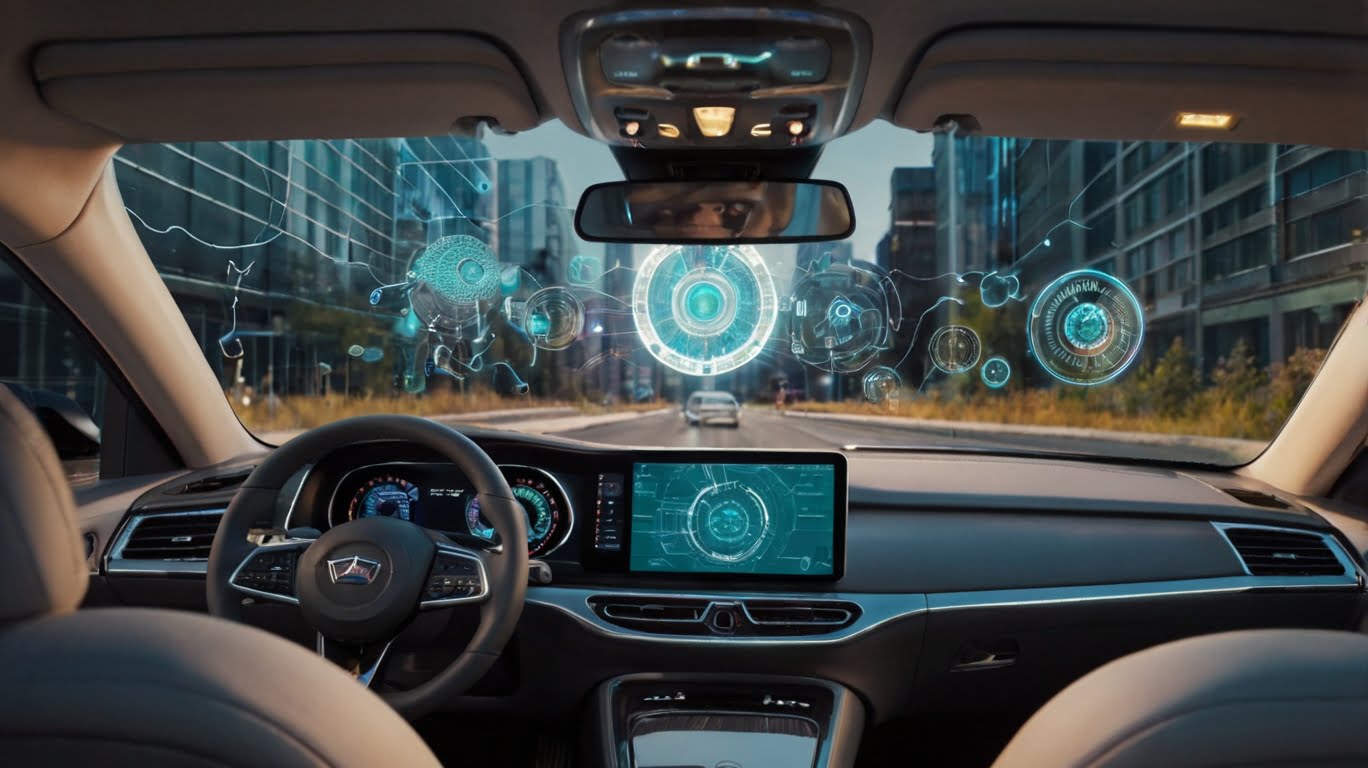In an era where everything is interlinked with AI, data, machine learning, augmented reality (AR), and more, it is important to understand that these data-driven technologies also play a significant role in the automobile industry.
As an auto and tech enthusiast, I am always amazed by advanced technologies like connected car technologies and ADAS, which enhance vehicle safety and user-friendliness.
But how would you react if I told you that data also plays a crucial role in various aspects of vehicle management, such as maintenance, tuning, accident analysis, and prevention? Yes, I am referring to big data, which can improve vehicle performance, safety, and customer experience.
What is Big Data?

Big Data refers to the massive volume of structured, semi-structured, and unstructured data generated by various sources, too large and complex to be processed by traditional tools. When harnessed properly, big data provides significant insights and drives innovation across industries like healthcare, government, transportation, and automotive.
You may be familiar with big data in theory, but practically, how does one gather big data to transform the automotive industry? Let’s discuss the approach to collecting big data in the automotive sector.
Collecting big data from an auto manufacturing plant involves implementing various sensors, systems, and technologies throughout the production process. This includes production line sensors, quality control systems, supply chain data, and predictive maintenance measures. By doing so, manufacturing plants can harness big data’s power to achieve operational excellence, improve competitiveness, and effectively meet modern market demands.
Similarly, collecting big data from cars involves using technologies and methods to gather, process, and analyze data generated by vehicles. This includes sensors, embedded systems, telematics devices, ECUs (Electronic Control Units), and connected vehicle technologies like IoT (Internet of Things) and Vehicle-to-Everything (V2X) communication.
Here’s how the workflow typically operates:
- Cars equipped with IoT sensors, ECUs, and telematics devices generate operational data.
- This data is transmitted wirelessly via cellular networks to a cloud server.
- The data is stored in a cloud-based data lake.
- Big data analytics tools process the raw data to filter out noise and extract valuable insights.
- Machine learning algorithms analyze the processed data to predict maintenance needs, enhance safety features, and optimize vehicle performance.
- The insights gained are used for informed decision-making such as scheduling maintenance, updating vehicle software, or enhancing ADAS features.
By utilizing these methods and technologies, automotive companies can effectively harness big data to improve vehicle performance, safety, and customer satisfaction.
Benefits of Big Data Analytics in the Auto Industry

Benefits of big data analytics in the auto industry include:
- Real-time monitoring of vehicle parameters like engine performance and tyre pressure.
- Predictive maintenance to foresee potential failures and minimize downtime.
- Optimization of engine performance and fuel efficiency based on data analysis.
- Enhanced driver awareness and road safety through real-time hazard alerts.
- Improved safety features like adaptive cruise control and automatic emergency braking.
- Personalized vehicle features and services based on customer preferences.
- Proactive identification and resolution of quality issues to build customer trust.
However, handling large volumes of sensitive data necessitates robust cybersecurity measures to protect against breaches and ensure customer privacy. Integrating big data analytics into existing automotive systems also requires careful planning and investment in infrastructure and talent.
In conclusion, big data analytics is transforming the automotive industry by optimizing performance, enhancing safety, and delivering personalized experiences. As technology evolves, leveraging big data will be crucial for automakers to remain competitive and meet evolving consumer expectations.

